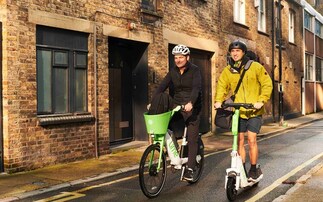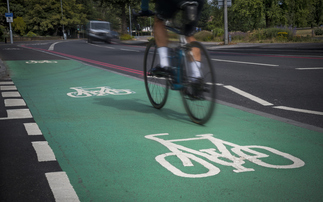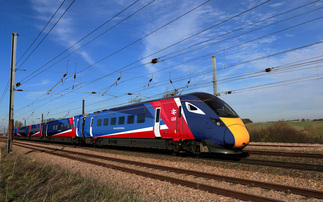In the past few weeks respected voices from the automotive industry and beyond have been coming out to have their say on smart mobility. A couple of weeks ago, Bill Ford, Chairman of the Ford Motor...
To continue reading this article...
Join BusinessGreen
In just a few clicks you can start your free BusinessGreen Lite membership for 12 months, providing you access to:
- Three complimentary articles per month covering the latest real-time news, analysis, and opinion from Europe’s leading source of information on the Green economy and business
- Receive important and breaking news stories via our daily news alert
- Our weekly newsletter with the best of the week’s green business news and analysis






